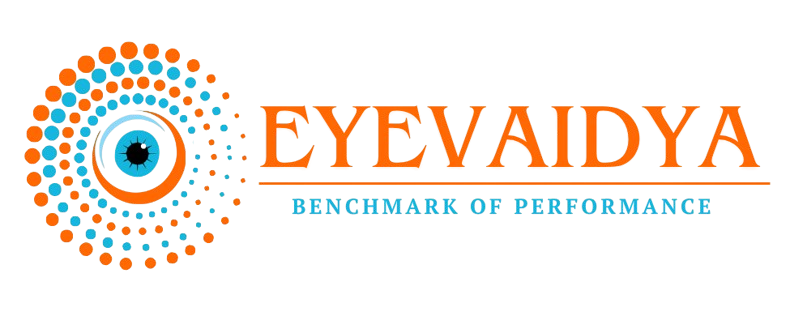Pediatrics eyecare
Pediatric Eye Exam
Pediatric Eye Exam
How they are different
A children's eye exam is an expert evaluation of your child's eye health and vision that is performed by an eye doctor (optometrist or ophthalmologist).
A brief examination of your child’s eyes by a pediatrician or family physician is not a substitute for an eye exam performed by an eye doctor. Only optometrists and ophthalmologists have the advanced training and clinical tools to perform a thorough evaluation of your child's eyes and vision.
Why children's eye exams are important
Regular eye exams are essential for kids for a variety of reasons. Vision is an important element of learning and development, and children who struggle with vision problems may have a difficult time with tasks like reading, writing, and playing sports. Eye exams can detect and help address issues before they impact a child’s learning and development.
Kids’ eyesight can change quickly, so it’s essential to detect issues early on to prevent them from worsening. Optometrists recommend that school-aged children have their eyes checked every year, with their first eye exam taking place at just 6 months old.
Experts have estimated that approximately 25 percent of schoolchildren have vision problems that can affect their performance in the classroom. Also, the risk of myopia and progression of myopia continues through the school years.
Generally, children’s eye exams include a health and vision questionnaire, vision testing, determination of whether eyeglasses are needed, testing of eye alignment, and a thorough eye health evaluation.
The Health and vision questionnaire usually will contain questions about:
-
Any history of prematurity
-
Complications during pregnancy or birth
-
Delayed motor development
-
Frequent eye rubbing
-
Excessive blinking
-
Squinting
-
Failure to maintain eye contact
-
Any apparent misalignment of the eyes
-
Inability to maintain a gaze (fixation) while looking at objects
-
Poor eye tracking skills
Overall, a pediatric eye examination ensures your child has healthy eyes. At the same time, it helps determine if there are any problems with vision. If not corrected, by the time your son or daughter attends school, they would likely struggle to perform well. There are four goals that eye specialists work to achieve with an examination. Those include:
1. Excellent visual acuity regardless of the distance
2. Proper eye movement
3. Accurate and comfortable focusing ability
4. Appropriate eye learning skills
Timing for having your child’s eyes examined is important. Around the age of six months, you’ll want to schedule their first appointment. Then, they should have them reexamined at age three and again at age five or six just before starting school. Once they’re school-aged, you want their eyes checked every two years unless they need to see an ophthalmologist or optometrist for any concerns.
